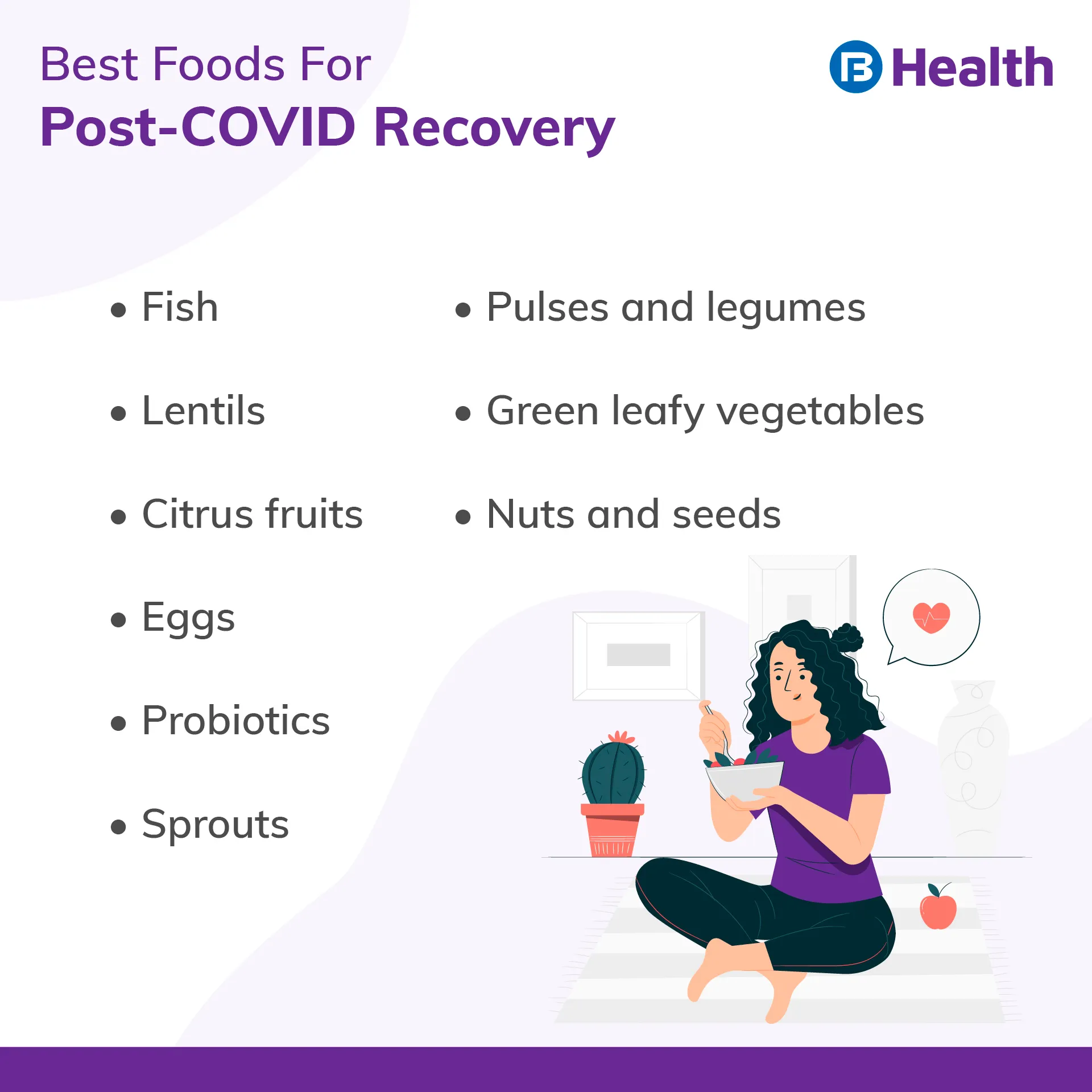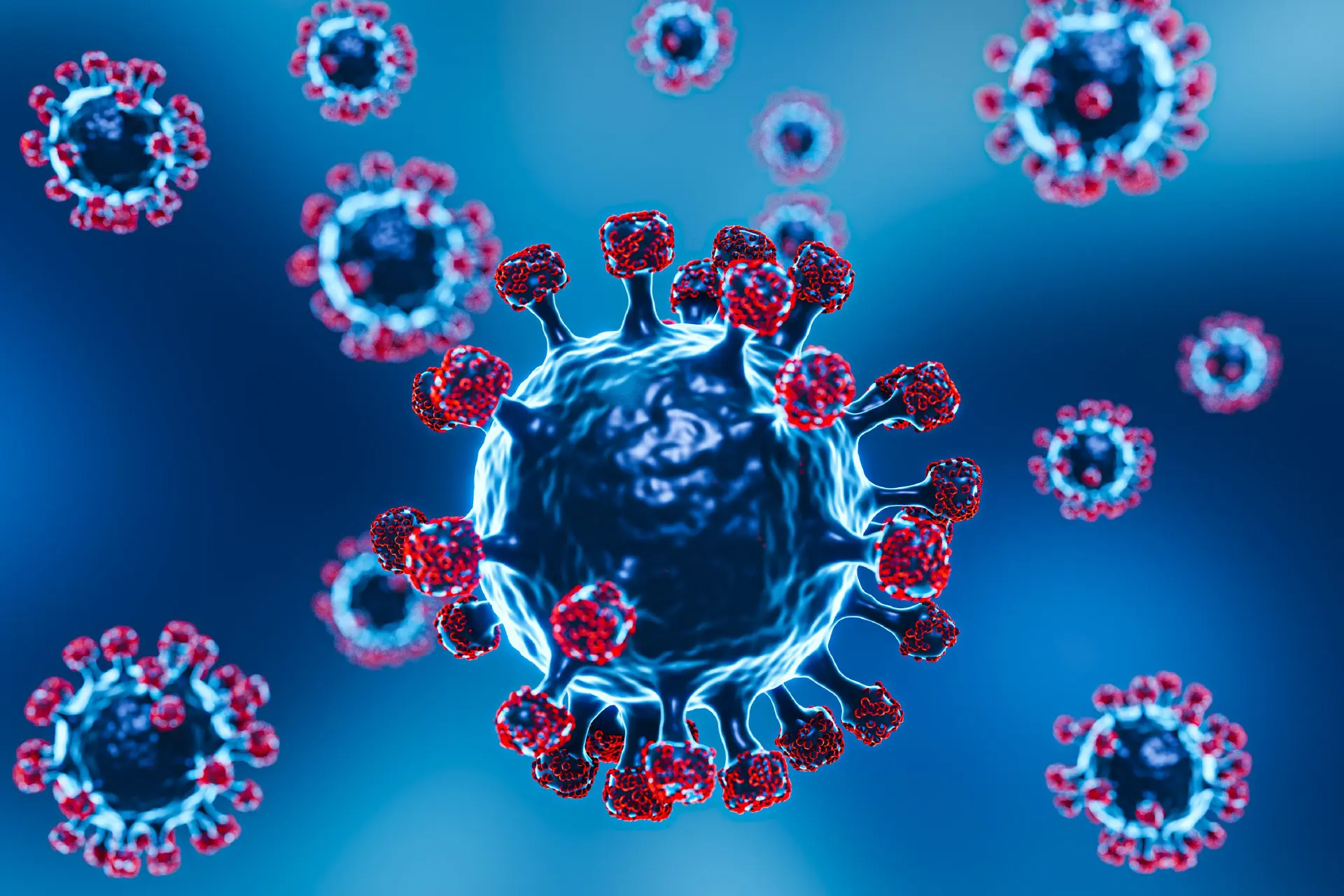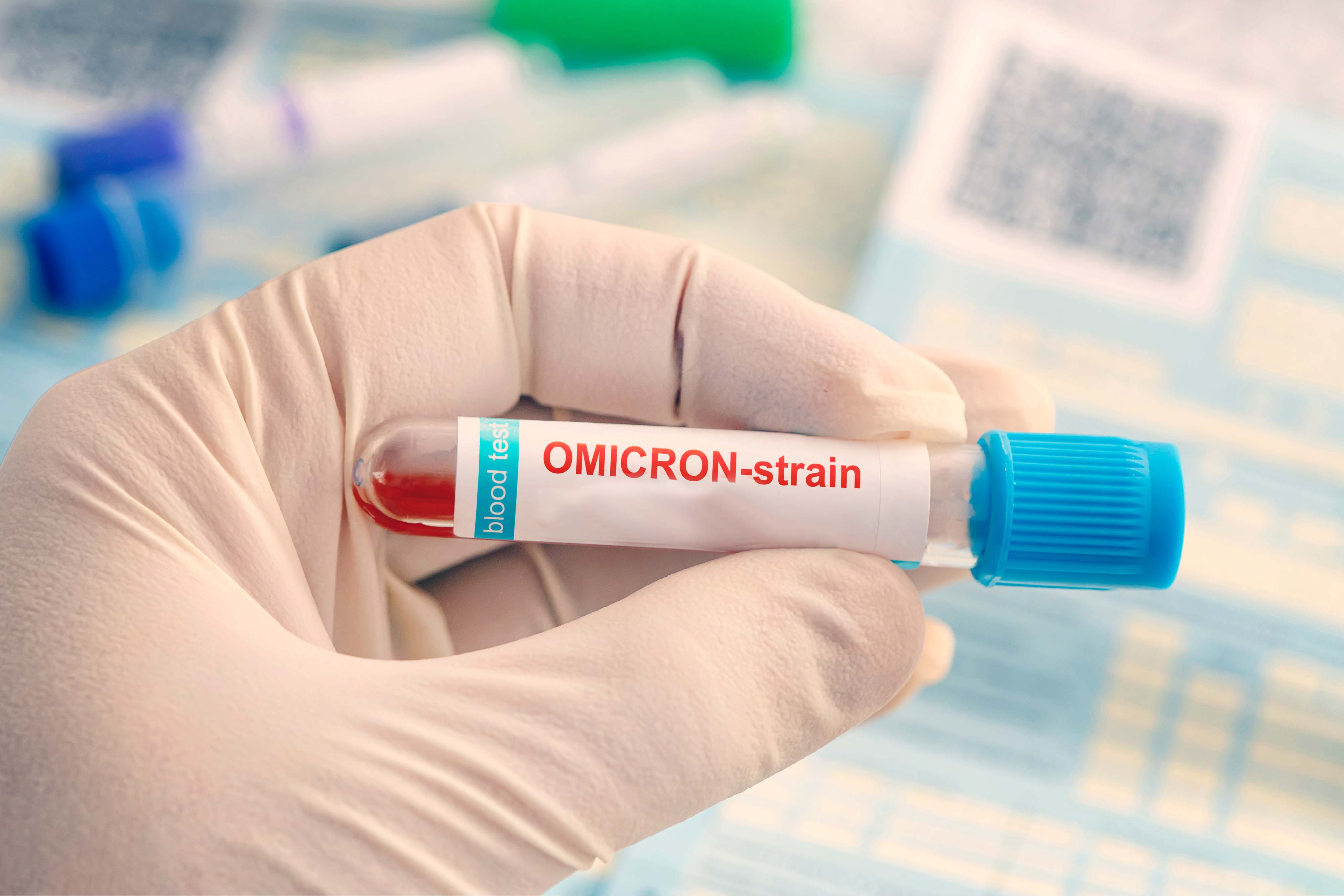Covid | 4 min read
7 Effective Ways to Take Post-COVID Care in Winters!
Medically reviewed by
Table of Content
Key Takeaways
- Post COVID care for heart patients is key as COVID-19 can damage heart muscles
- Take a break, seek help from others, and follow precautions for COVID-19 care
- Post-COVID care for elderly people is important as they’re prone to infections
COVID-19 has been destructive and claimed millions of lives worldwide [1]. There is fear of more hospitalization and fatalities due to new variants like omicron [2]. However, the recovery rate from COVID-19 in India is growing steadily. By taking necessary steps, you can improve this even further [3]. COVID-19 also affects the psychological well-being of people who were infected by it. Proper post-COVID care in winters can help you overcome stress and get back to normal life.
Post-COVID care for heart patients should be given extra attention. COVID-19 can damage the heart muscle and affect cardiovascular health [4, 5]. So, post-COVID cardiac care in such cases is key. Post-COVID care for elderly people is equally important as they are more prone to the disease [6, 7]. Read on to know how to take COVID-19 care post-recovery this winter.
Additional Read: Types of Post-COVID Conditions You Need to be Careful AboutGive Yourself Time to Get Back to Normal
It is okay to not feel mentally and emotionally strong after recovering from COVID-19. But the good news is you just fought the battle with the virus and won! Build up positive energy and give yourself time. Getting back to life may not happen overnight. Start your old routine gradually and do not dive into it the very moment you get home. Take enough rest and get an adequate amount of sleep as part of COVID care. This will accelerate the healing process and help you bounce back soon.

Monitor All Signs and Symptoms
After your recovery from the COVID-19, your body will still be vulnerable to infections. You must pay attention to any COVID symptoms or signs. If you experience breathlessness, headache, high fever, chest pain, or extreme weakness, talk to your physician. Doing so may keep you safe from further complications.
Work on Your Memory
COVID-19 can damage your memory cells and affect your mental health. Progress slowly but work on your mental strength every day. Invest your time in puzzles, memory games, and doing activities that will help you recover your memory, concentration, and cognitive skills. Engage in challenges that will build your mental sharpness.
Focus on Your Diet and Stay Hydrated
You may feel extreme weakness, lose muscle mass and appetite as your body has gone through a lot to fight the viral infection. To get your energy back, take care of what you eat and drink. Have a diet rich in good carbohydrates and protein such as eggs, chicken, vegetables, dairy, nuts, and seeds. Consume healthy oils and fats like omega-3. Drink plenty of water to stay hydrated and replenish your organs for post COVID care in winters.

Exercise to Improve Your Physical and Mental Health
A heavy workout is not recommended if you are recovering from COVID-19. Slowly and gradually adding physical activity into your daily routine can improve your physical and mental health. Take some extra time and follow COVID care precautions while your body heals. Lower your stress by avoiding negative news. Do breathing exercises to relieve stress, improve lung function, and boost muscular strength.
Follow Covid-19 Preventive Steps
Although contracting COVID-19 may give you a certain level of immunity, it is still unsafe to not follow COVID-19 care preventive measures. The immunity you develop does not last for long. A person who has recovered from COVID-19 can get re-infected or face complications. So, you should follow prevention such as wearing a mask, washing your hands, and maintaining social distancing.
Get Help and Support from Others
The battle with coronavirus may make your body tired and you may feel fatigue. Your body requires enough rest and proper COVID-19 care. Accept that your body needs time to heal. Seek help from your family and friends in your daily activities. This will help you tackle fatigue, save energy, and provide time to recover. You may also go for counselling or therapy for mental support. If you face any serious health problems, get medical help.
Additional Read: How to Manage Post-Covid Anxiety: When to Enlist Support and Other Helpful TipsAround 10-20% of people experience persistent or new COVID symptoms after 3 months of the infection [8]. Thus, post COVID care in winters is a necessity. It is also important to look after people with post-COVID conditions [9]. Dealing with COVID in pre-existing medical conditions is harder as such conditions make matters worse [10]. If you have recovered from COVID-19 and experience any symptoms, talk to a doctor immediately. Stay safe at home and consult with the best doctors online on Bajaj Finserv Health. They will help you with the right COVID-19 care measures.
References
- https://www.worldometers.info/coronavirus/coronavirus-death-toll/
- https://www.who.int/news/item/28-11-2021-update-on-omicron
- https://www.ncbi.nlm.nih.gov/pmc/articles/PMC8219012/
- https://www.lupin.com/cardiac-care-in-post-covid-19-era/
- https://www.hopkinsmedicine.org/health/conditions-and-diseases/coronavirus/heart-problems-after-covid19
- https://www.cdc.gov/aging/covid19/covid19-older-adults.html
- https://www.ncbi.nlm.nih.gov/pmc/articles/PMC7288963/
- https://www.who.int/news-room/events/detail/2021/10/06/default-calendar/expanding-our-understanding-of-post-covid-19-condition-web-series-rehabilitation-care
- https://www.cdc.gov/coronavirus/2019-ncov/long-term-effects/care-post-covid.html
- https://www.cdc.gov/coronavirus/2019-ncov/need-extra-precautions/people-with-medical-conditions.html
Disclaimer
Please note that this article is solely meant for informational purposes and Bajaj Finserv Health Limited (“BFHL”) does not shoulder any responsibility of the views/advice/information expressed/given by the writer/reviewer/originator. This article should not be considered as a substitute for any medical advice, diagnosis or treatment. Always consult with your trusted physician/qualified healthcare professional to evaluate your medical condition. The above article has been reviewed by a qualified doctor and BFHL is not responsible for any damages for any information or services provided by any third party.




